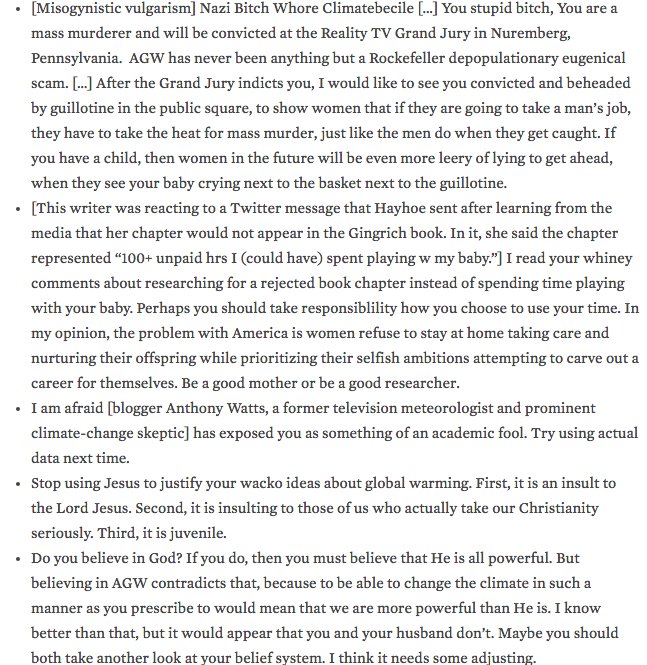 The other day I was driving somewhere -- actually, I think, driving back from somewhere -- and was listening to Thom Hartmann on the local community radio station here.
The other day I was driving somewhere -- actually, I think, driving back from somewhere -- and was listening to Thom Hartmann on the local community radio station here.I mostly like Thom Hartmann, because he seems thoughtful. At least, more thoughtful than the right-wing commenters, by far. But he also seems very biased towards the left, sometimes reflexively so.
Some caller to his show was asking about solar energy, and Hartmann's response was that solar was cheaper than all other sources and he didn't know why the media wasn't reporting this, but it was probably because Big Oil/Gas/Coal had bought the media with ads and other payoffs.
And that was disappointing, because I had just happened to read a very good article about this, and it made a solid impression on me, so I knew immediately that Hartmann was wrong. What's worse is that he immediately dived to a token extreme left position -- media bought off by corporate America -- when he had no evidence of that and, worse, no understanding of the real situation at all (which is always more complex that can fit into their small thoughtless catch phrases).
Simply because I read this one article, and understood it, Hartmann looked very small and very stereotypical, and not in a good way. Those kind of instances come along from time to time -- for you too I'm sure -- and they color what you hear/read afterward. It's kinda of a quantum change.
Hartmann was just flat out wrong. As was his excuse. As this Bloomberg Technology article covers in good detail, solar is now cheaper where electricity demand is growing and where the capitalization costs of its plants (or farms) competes directly with capitalization costs of coal/gas plants.
That's the case in many nations, in Africa, in Asia, and the like -- but not the case in the US. Here coal plants, and many gas plants, have already been built and are either paid off or are being paid off. They have a big jump on capitalization costs, and, I don't know for sure, but suspect, on writing off those capitalition costs.
Solar farms are new right out off start. The Ivanpah solar farm in Nevada cost $2.2 B to construct before any electricity was ever delivered. That's a lot of headway.
--
My purpose here isn't to compare prices per kWh to the nearest tenth of a penny and do a full life-cycle cost projection. It's just to point out how eager Thom Hartmann was to blame Big Corp when he really had no understanding of the issue at all.
I found that disappointing.
I sent an email to Hartmann about this, but of course never heard back.
And isn't that the world we live in these days? The bigger their audience, the bigger their lies -- oops, their misspeakings -- and all the less interest they have in trying to be right, admist all the complexity.
Hartmann, Limbaugh, Hannity, all of them -- they don't care about the truth. They just want to spout, and get to the next commercial.
Hell, if they ever wavered, or said they just didn't know, we're probably all punch the button for the next channel we have stored in our console.
The next many years are looking to be a lousy time for anyone who cares about the truth and thinks it isn't all that simple at all. Perhaps.
You really can't ever ask enough questions. Don't trust anyone, as far as possible.
































